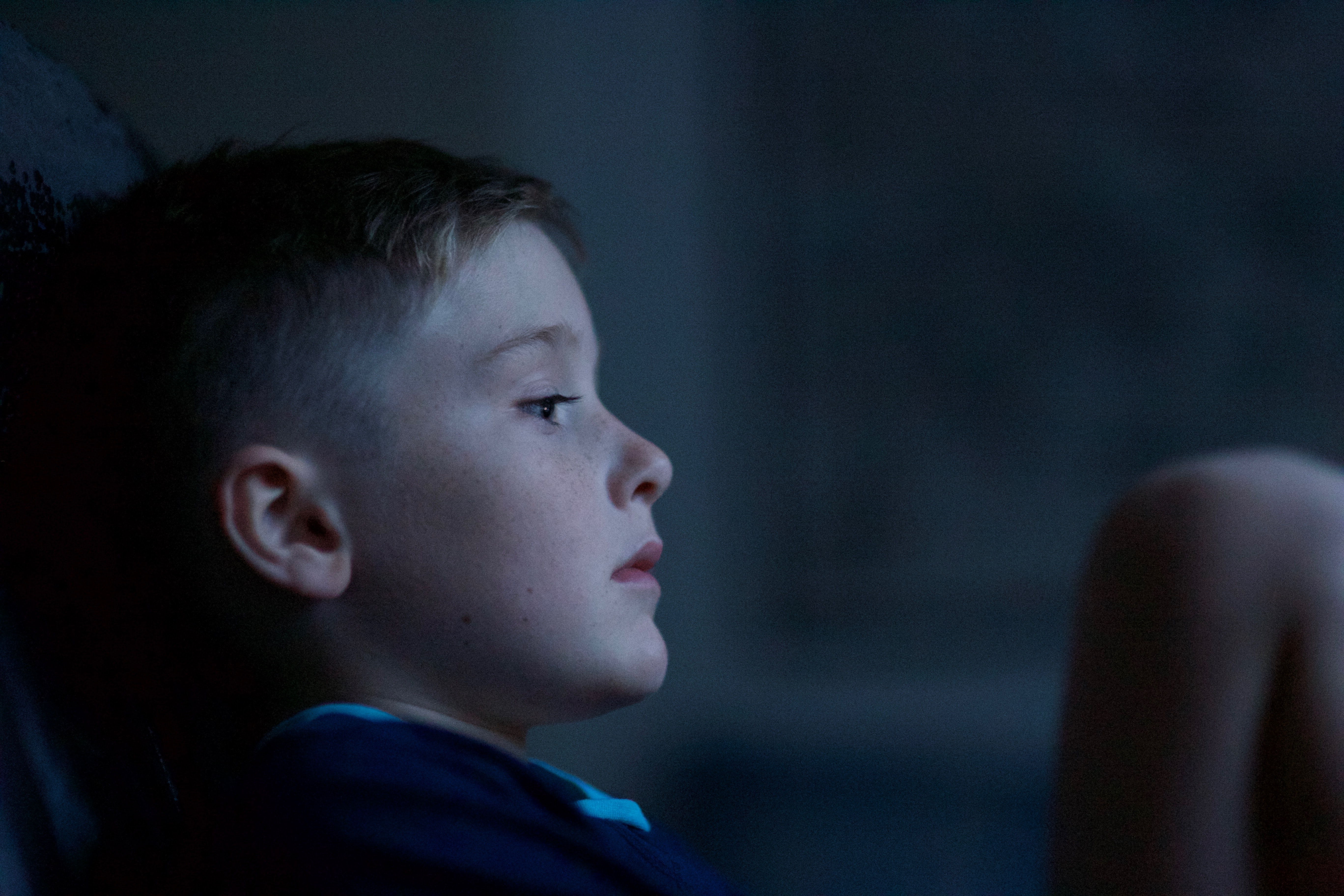Attachments
Note: Not all attachments are visible to the general public. Research URLs will go live after the embargo ends.

Journal/
conference: JAMA Network Open
conference: JAMA Network Open
Research:Paper
Organisation/s:
The Westmead Institute for Medical Research, The University of Sydney, The University of New South Wales, The University of Melbourne
Funder:
The study was funded by program grant 1073041 from the National Health and Medical
Research Council and grants 1023043 and 1008080 from the Centre for Research Excellence. The depression
data set included in the study was part of the International Study to Predict Optimised Treatment in Depression
(iSPOT-D) funded by Brain Resource Ltd (now known as Total Brain Ltd).



 Australia; NSW
Australia; NSW


